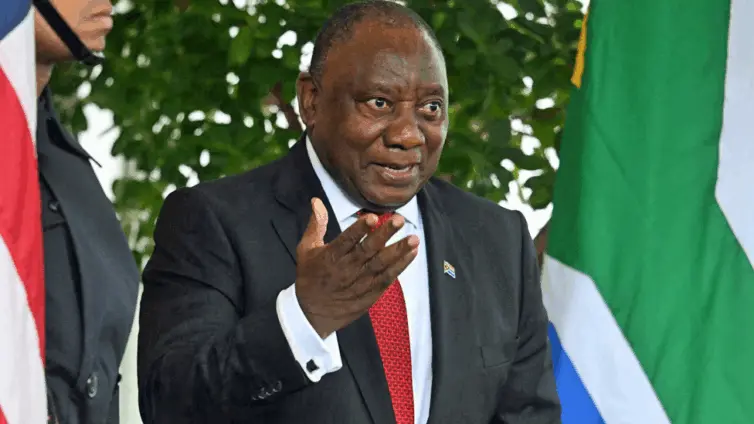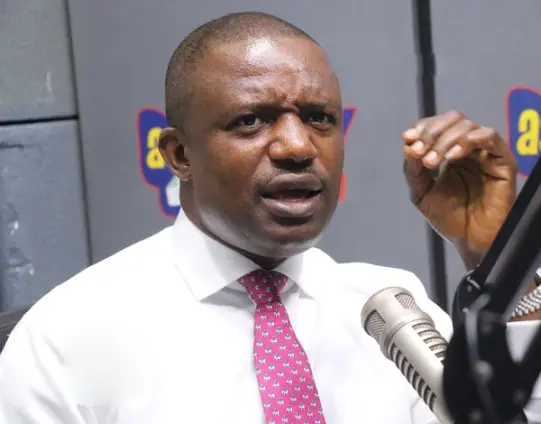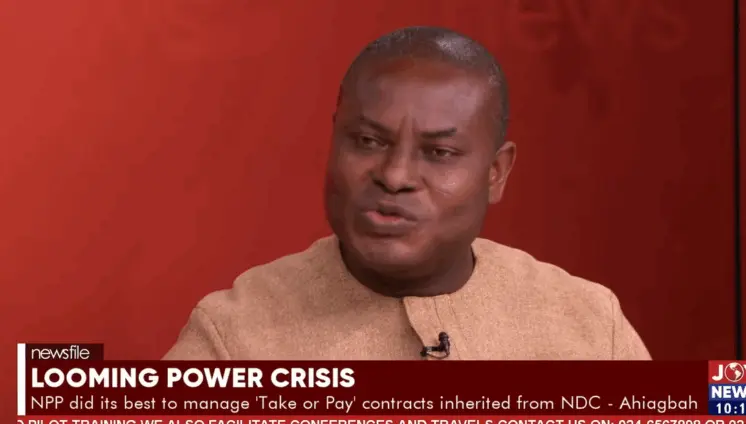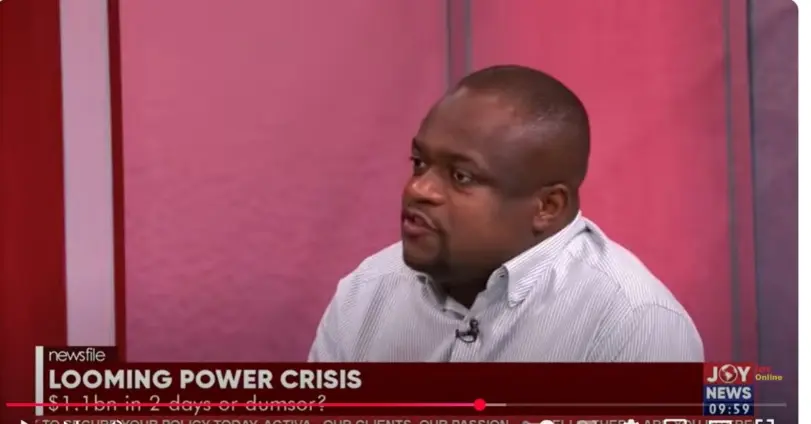Libreville, Gabon – In a significant shift, Sylvia Bongo, the wife of ousted President Ali Bongo, and their son, Nourredin Bongo, have been moved to house arrest, marking a new phase in the legal proceedings against them. The move comes after the military coup that deposed Ali Bongo in August of last year, plunging Gabon into a period of political uncertainty. The Bongo family house arrest in Gabon underscores the complexities of the post-coup environment as the new government grapples with allegations of corruption and human rights concerns.
Following the coup that ended Ali Bongo’s long reign, Sylvia Bongo and Nourredin Bongo were taken into custody, accused of various financial crimes. Now under house arrest, uncertainty remains about whether they will face trial, and if so, under what conditions. The situation remains a focal point for both domestic and international observers.
Sylvia Bongo and Nourredin Bongo were initially held in basement cells of the presidential palace in Libreville after their arrest, according to sources cited by Reuters. The transfer to house arrest followed mounting pressure from African Union officials, who urged the Gabonese authorities to release them. Prior to the transfer, both Sylvia and Nourredin Bongo were reportedly hospitalized after staging a hunger strike that began on May 1, raising concerns about their health and treatment while in custody. The allegations against them include serious charges of embezzlement and money laundering, which the new government says it is committed to prosecuting.
Supporters of the Bongo family have alleged that Sylvia and Nourredin were subjected to torture while in custody, claims that have added to the controversy surrounding their detention. President Brice Oligui Nguema, who assumed power after the coup, addressed these allegations in an interview with Radio France Internationale in March, denying that torture had occurred. Nguema affirmed that trials for Sylvia and Nourredin Bongo would proceed, signaling a determination to pursue legal accountability.
President Nguema was officially elected to a seven-year term and sworn into office on May 3, solidifying his leadership following the coup. Meanwhile, the African Union’s Peace and Security Council decided to lift Gabon’s suspension, which had been imposed in the immediate aftermath of the coup. This decision, made during a meeting on April 30, reflects a cautious re-engagement with Gabon under its new leadership. However, the council also called for the immediate release of Ali Bongo’s family and guarantees of their rights and health, highlighting ongoing concerns about their treatment.
A representative for the Bongo family has stated that Sylvia and Nourredin Bongo would not be making any public comments at this time, maintaining a silence that adds to the air of uncertainty surrounding their situation. Alain Claude Bilie By Nze, a former prime minister who has been critical of the new government, commented that the transfer to house arrest should not be interpreted as an act of clemency. He emphasized the need for a fair and transparent trial to ensure justice is served, reflecting a broader sentiment among some segments of Gabonese society.
It remains unclear when Sylvia and Nourredin Bongo might stand trial, adding to the uncertainty surrounding their legal future. Concerns have been raised about the fairness and impartiality of any potential trial, given the highly politicized context in Gabon. These concerns have been echoed by international observers and human rights organizations.
The ongoing legal battles involving the Bongo family could have significant implications for Gabon’s political stability. The situation is likely to remain under close observation by international bodies such as the African Union, which has a vested interest in ensuring a peaceful and just resolution to the crisis. Currently, Sylvia and Nourredin Bongo are reunited with Ali Bongo under house arrest, but their long-term prospects remain uncertain as Gabon navigates its post-coup reality.
In summary, Sylvia and Nourredin Bongo have been moved to house arrest, a significant development in the aftermath of the coup that ousted Ali Bongo from power. Facing allegations of serious financial crimes, their fate remains uncertain as Gabon grapples with political transition. The Bongo family house arrest in Gabon is a shift in the situation, but not necessarily an end to the Bongo family’s legal troubles.
Image Source: MYJOYONLINE






















